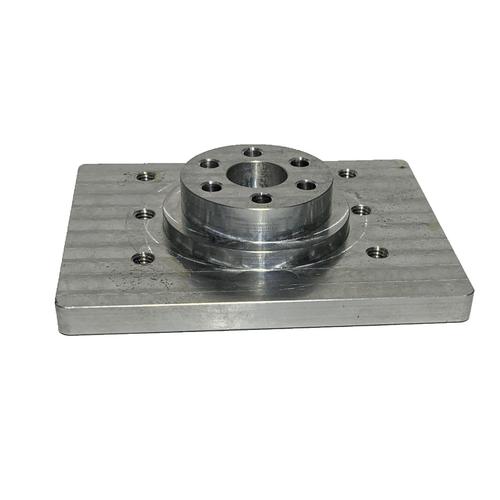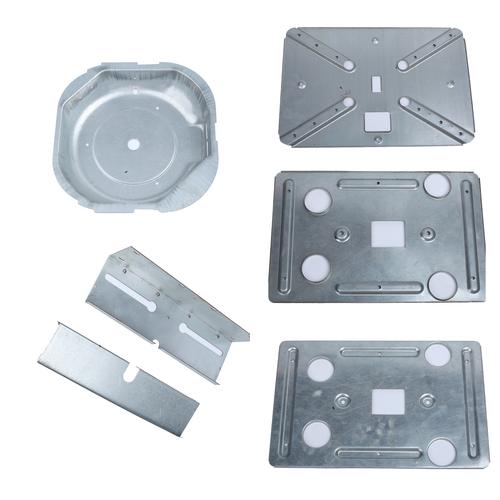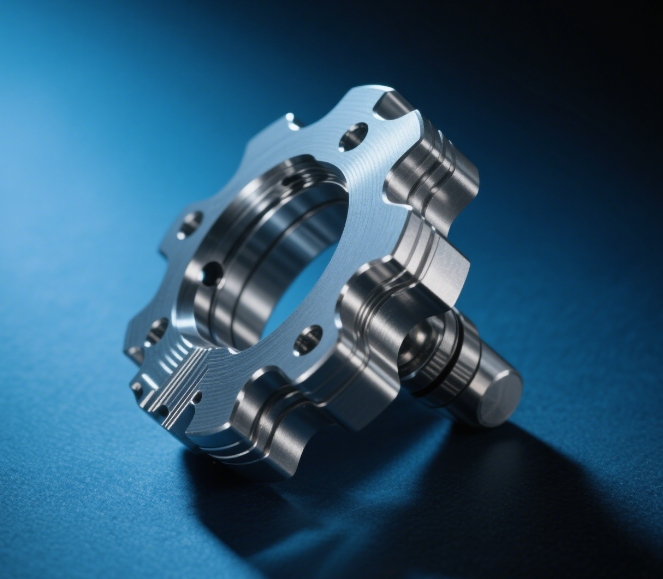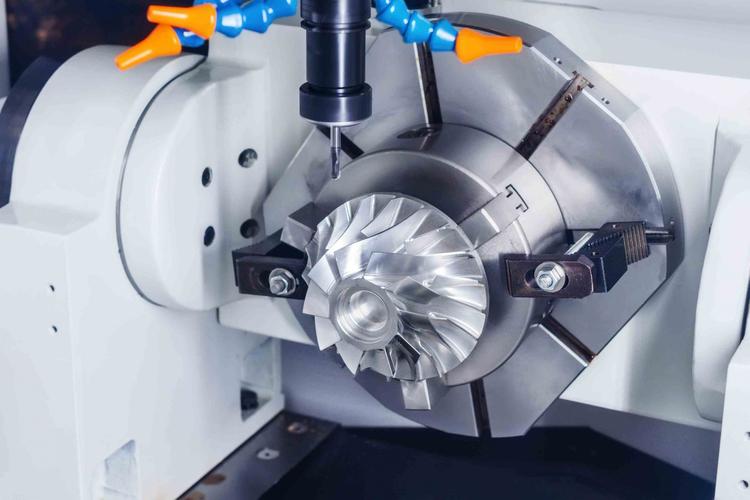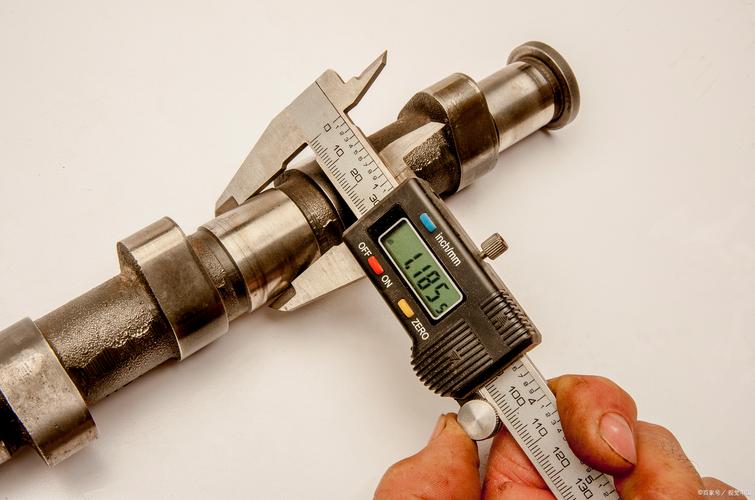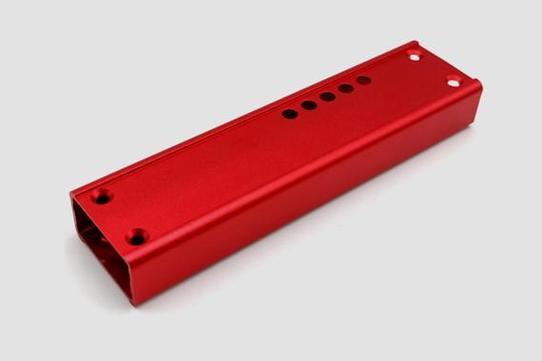Precision machining transforms raw materials into the critical components that keep our world running—from the smallest medical device part to large aerospace structures. This technology doesn’t just “make things”—it creates components with exacting specifications that enable functionality, safety, and performance across industries. But what specific parts and products rely on precision machining? Let’s explore the diverse components crafted through this process and how Xiamen Goldcattle’s expertise ensures each one meets the highest standards.
Critical Components for Aerospace & Defense
In aerospace and defense, precision machining produces parts that must perform under extreme conditions:
- Turbine Blades & Discs: Machined from heat-resistant alloys like Inconel 718, these components feature airfoil profiles with ±0.002mm tolerance to maximize fuel efficiency in jet engines. Our 5-axis CNC machines create complex geometries that withstand 1,200°C temperatures and 15,000 RPM rotational forces.
- Flight Control Components: Gimbal mounts and actuator housings for navigation systems require ±0.005mm dimensional accuracy. Machined from 7075 aluminum, these parts ensure stable operation even during severe turbulence.
- Weapon System Parts: Trigger mechanisms, scope mounts, and ammunition chambers made from 4140 steel undergo precision turning and milling to achieve Ra 0.8μm surface finishes, ensuring consistent performance in military applications.
Life-Saving Medical Components
Precision machining is essential for creating medical devices that demand biocompatibility and exacting tolerances:
- Surgical Instrument Parts: Scalpel blades, forceps tips, and endoscope shafts machined from 440C stainless steel feature edge sharpness within 0.01mm and tip alignment of ±0.003mm, enabling precise tissue manipulation during surgery.
- Implant Components: Hip stem prosthetics and spinal fusion hardware made from Ti-6Al-4V titanium alloy are machined to match patient-specific CT scans, with 0.1mm accuracy in bone-contacting surfaces to reduce post-surgery complications.
- Diagnostic Equipment Parts: MRI coil housings and ultrasound transducer mounts, crafted from non-magnetic brass and PEEK plastic, maintain ±0.01mm tolerances to prevent signal interference and ensure clear imaging.
High-Performance Automotive Components
Modern vehicles—especially electric and autonomous models—depend on precision-machined parts for efficiency and safety:
- Engine & Transmission Parts: Fuel injector nozzles with 0.1mm diameter spray holes (machined to ±0.001mm) improve fuel atomization, boosting combustion efficiency by 12%. Camshafts with Ra 0.2μm surface finish reduce friction in internal combustion engines.
- EV Battery Components: Cooling plate manifolds made from 5052 aluminum feature micro-channels (0.5mm width, 0.3mm wall thickness) with 99.5% dimensional consistency, ensuring uniform thermal management in battery packs.
- Autonomous Sensor Housings: LiDAR and radar mounting brackets machined from 6061 aluminum maintain ±0.02mm positional accuracy, ensuring sensor alignment critical for self-driving vehicle navigation.
Electronics & Telecommunications Components
The miniaturization of electronics relies on precision machining for tiny, high-performance parts:
- Semiconductor Equipment Parts: Wafer chucks and alignment pins made from alumina ceramics require flatness within 5μm per 100mm to prevent microchip damage during fabrication. Our ultra-precision grinding achieves these specs for leading chip manufacturers.
- 5G Infrastructure Components: Waveguide filters and antenna mounts machined from C36000 brass feature internal surfaces with Ra 0.4μm finish, reducing signal loss by up to 15% in high-frequency communication systems.
- Consumer Electronics Parts: Smartphone camera lens mounts (7075 aluminum) and smartwatch battery contacts (phosphor bronze) are machined to ±0.005mm tolerances, ensuring seamless assembly and reliable performance.
Industrial & Energy Components
Precision machining enables the heavy-duty parts that power industrial operations and energy production:
- Hydraulic & Pneumatic Parts: Valve spools and cylinder barrels made from 440C stainless steel feature ±0.001mm clearance between mating surfaces, preventing leaks in high-pressure systems (up to 3,000 psi).
- Wind Turbine Components: Gearbox planetary carriers and bearing races machined from 42CrMo4 steel maintain ±0.002mm tooth profile accuracy, reducing energy loss by 3-5% in renewable energy systems.
- Robotics Parts: Servo motor housings and robotic arm joints (6061-T6 aluminum) achieve concentricity within 3μm, ensuring smooth motion control with repeatability of ±0.01mm in automation applications.
How Xiamen Goldcattle Ensures Quality in Every Component
Our 26 years of precision machining experience translate into components you can trust:
- Material Expertise: We machine 50+ materials—from titanium alloys to engineering plastics—with optimized toolpaths for each material’s properties (e.g., 100-200 mm/min feed rates for stainless steel vs. 300-800 mm/min for aluminum).
- Advanced Equipment: 106 CNC machines (including 15 5-axis systems) and metrology tools (CMMs, laser scanners) ensure every component meets specs, with first-pass yield rates averaging 99.7%.
- Quality Certifications: Compliance with ISO 9001:2000, AS9100, ISO 13485, and IATF 16949 ensures our components meet aerospace, medical, and automotive industry standards.
- Custom Capabilities: From micro-components (0.5mm diameter shafts) to large structures (2m aerospace frames), we handle complex geometries with tolerances as tight as ±0.001mm.
Frequently Asked Questions (FAQs)
- What’s the smallest component precision machining can produce?
We regularly machine micro-components like 0.5mm diameter shafts and 1mm-wide gears using high-speed spindles (40,000 RPM) and specialized tooling, maintaining tolerances of ±0.001mm.
- What materials are most commonly used in precision-machined components?
Aluminum alloys (6061, 7075), stainless steel (304, 316, 440C), titanium (Ti-6Al-4V), brass (C36000), and engineering plastics (PEEK, POM) are most common, each selected for their mechanical properties and machinability.
- How tight of tolerances can precision machining achieve?
Standard tolerances range from ±0.005mm to ±0.01mm, with specialized components (like aerospace turbine parts) achieving ±0.001mm to ±0.002mm using advanced 5-axis machining and in-process inspection.
- Can precision machining produce both prototypes and mass-produced components?
Yes. We offer rapid prototyping (3-7 day turnaround) for design validation and scale to high-volume production (10,000+ parts/month) with consistent quality using automated machining cells.
Need a precision-machined component for your project? Share your part specifications, material requirements, or design challenges in the comments below. Our technical team will provide a tailored solution within 24 hours. Let’s build the components that power your innovation.
